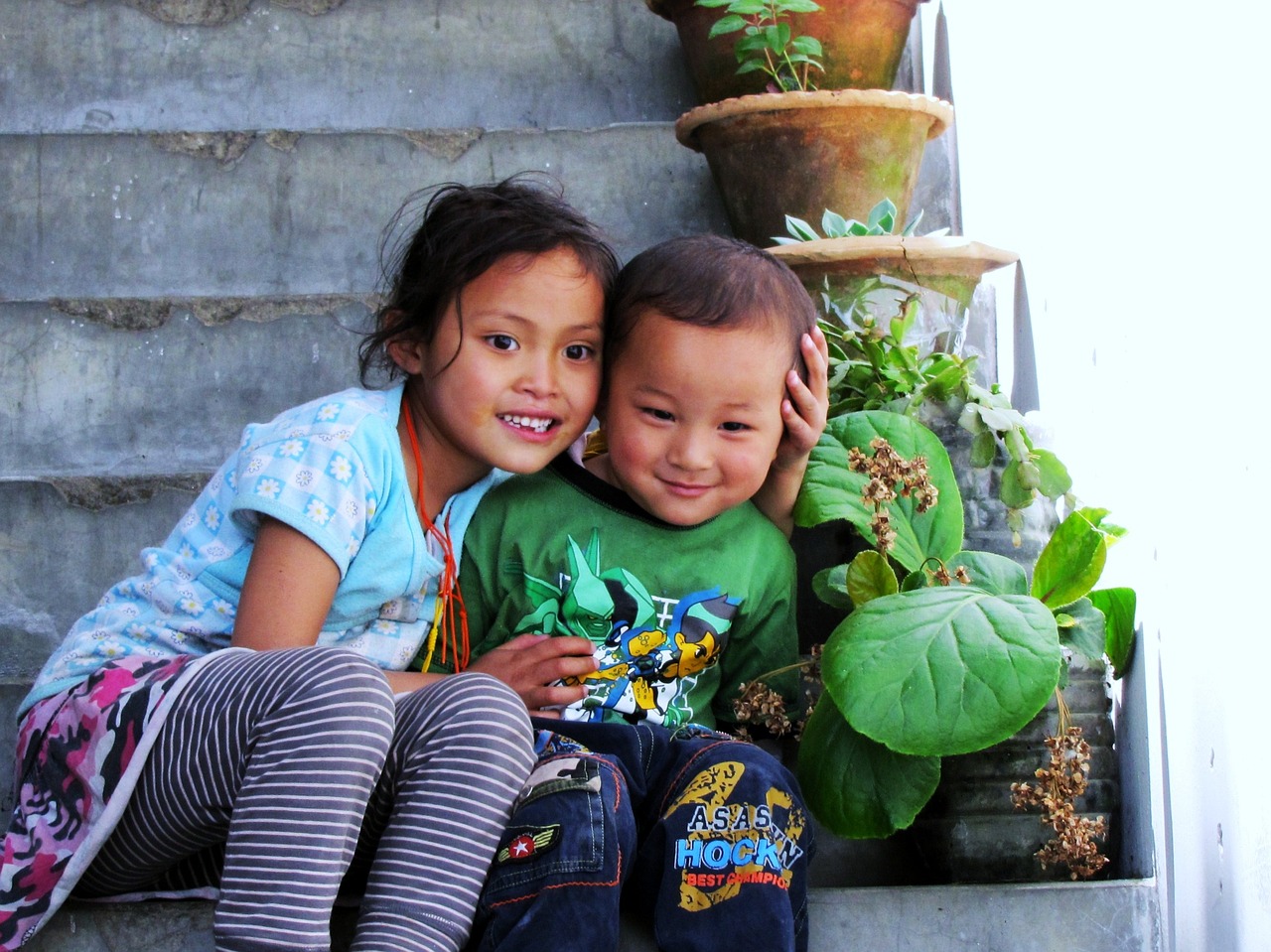
Gender equality, nationality laws, and statelessness
The United Nations High Commissioner for Refugees (UNHCR) released the 2024 edition of the ‘Background note on gender equality, nationality laws, and statelessness’. This publication highlights gender equality issues in nationality laws and causes of statelessness. Currently, 24 countries have nationality laws that do not grant women equality with men in conferring nationality on their children, which is a cause of statelessness.
In 2014, UNHCR launched the ‘#IBelong Campaign to End Statelessness in 10 Years’ with the goal of achieving gender equality in all nationality laws by 2024. Since the beginning of the campaign, Madagascar, Sierra Leone, and Liberia have reformed their nationality laws to allow mothers to confer their nationality on their children equally as men. Additionally, 17 countries partially reformed their laws to allow equal gender rights in their nationality laws.
Child Identity Protection (CHIP) commends the efforts to create more equal nationality laws that prevent child statelessness and reiterates its committment to support the new Global Alliance to End Statelessness, which is based on the outcomes of the #Ibelong campaign and intends to accelerate progress in this matter.
Source : https://www.refworld.org/reference/themreport/unhcr/2024/en/147696





